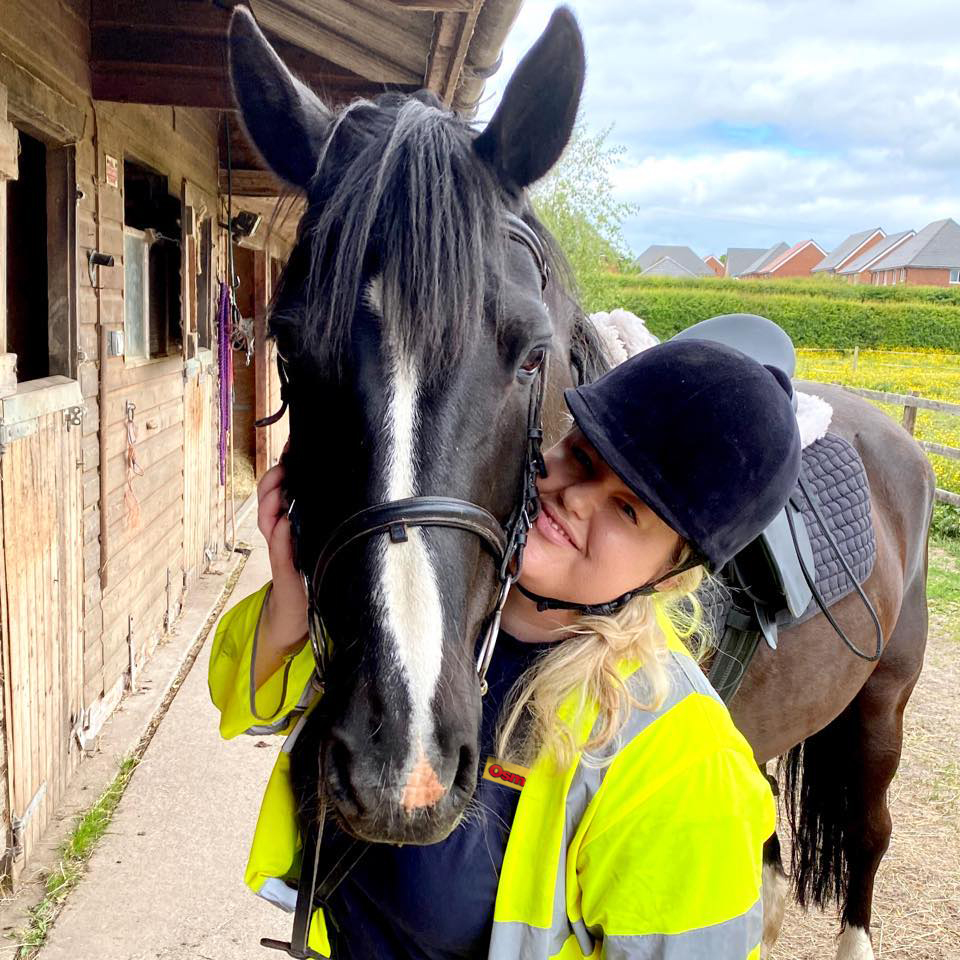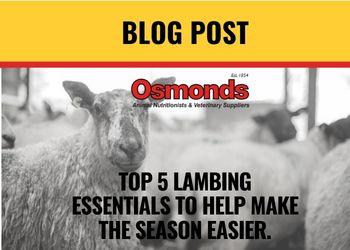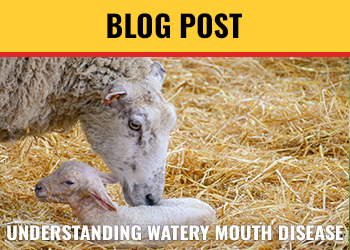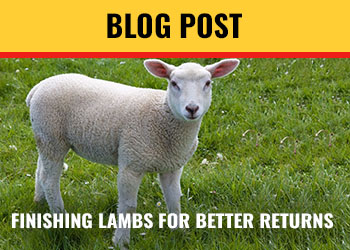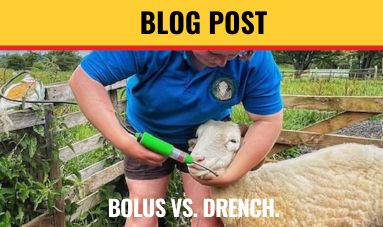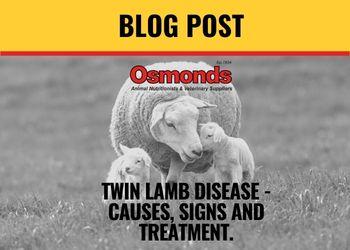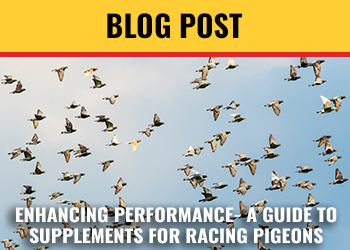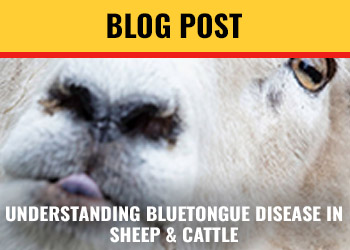UNDERSTANDING THE IMPACT OF SHEEP WORRYING - OSMONDS CALL FOR RESPONSIBLE PET OWNERSHIP
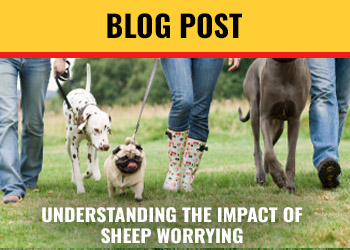
UNDERSTANDING THE IMPACT OF SHEEP WORRYING - OSMONDS CALL FOR RESPONSIBLE PET OWNERSHIP
Sheep worrying is a distressing issue that affects not only the livelihoods of farmers but also the welfare of animals and the peace of rural communities. It refers to the act of dogs distressing, chasing, attacking or even killing sheep, causing significant harm and often resulting in the loss of valuable livestock. This increasing problem highlights the importance of responsible pet ownership and the need for education and awareness to prevent such incidents from occurring.
The Impact on Farmers and Livestock
For farmers, their livestock are not just commodities but a vital part of their livelihood. Sheep worrying can have devastating consequences, both financially and emotionally. The loss of even a single sheep can impact the profitability of a farm and repeated incidents can push farmers into financial hardship. Furthermore, the stress and trauma experienced by the animals can affect their well-being and productivity.
Sheep worrying can occur at any time of the year but is particularly prevalent during the lambing season when ewes and their newborn lambs are most vulnerable. A single dog running through a flock can cause panic, leading to sheep becoming separated from their lambs, getting injured in the process, or even suffering fatal attacks.
The Role of Responsible Pet Ownership
One of the most effective ways to prevent sheep worrying is through responsible pet ownership. Dog owners must understand the natural instincts of their pets and take appropriate measures to prevent them from causing harm to livestock. This includes:
- Keeping dogs on a Lead: It is crucial for dog owners to ensure that their pets are always under control, especially in rural areas where they may encounter livestock. Even well-trained dogs can be tempted by the sight of sheep or other animals.
- Supervision: When walking or exercising dogs in rural areas, owners should keep a close eye on their pets and be mindful of nearby livestock. Research your walks beforehand.
- Secure fencing: Ensuring that properties are properly fenced can prevent dogs from wandering onto farmland where they may come into contact with livestock. If your garden fencing has been compromised, ensure you secure it before letting your dog out unattended – this is for their safety too.
- Education: Educating dog owners about the consequences of sheep worrying, the legal implications and the importance of responsible behaviour is essential.
The Legal and Social Implications
Sheep worrying is not only a matter of animal welfare but also a legal matter. Laws are in place to hold dog owners accountable for the actions of their pets, with penalties ranging from fines and euthanasia of the dog through to potential imprisonment in severe cases. Additionally, incidents of sheep worrying can strain relationships between rural communities and dog owners, leading to tension and conflict.
Awareness
Addressing the issue of sheep worrying requires collaboration between farmers, dog owners and local authorities. By working together, we can raise awareness about the impact of irresponsible pet ownership.
In conclusion, sheep worrying is a serious issue that demands attention and action. Through responsible pet ownership, education, and collaboration, a future where incidents of sheep worrying can be minimised and both animals and humans can coexist peacefully.
If you have any questions or queries, please feel free to call our office on 01948 668100, email [email protected] or visit our website www.osmonds.co.uk to view our full range for Livestock.
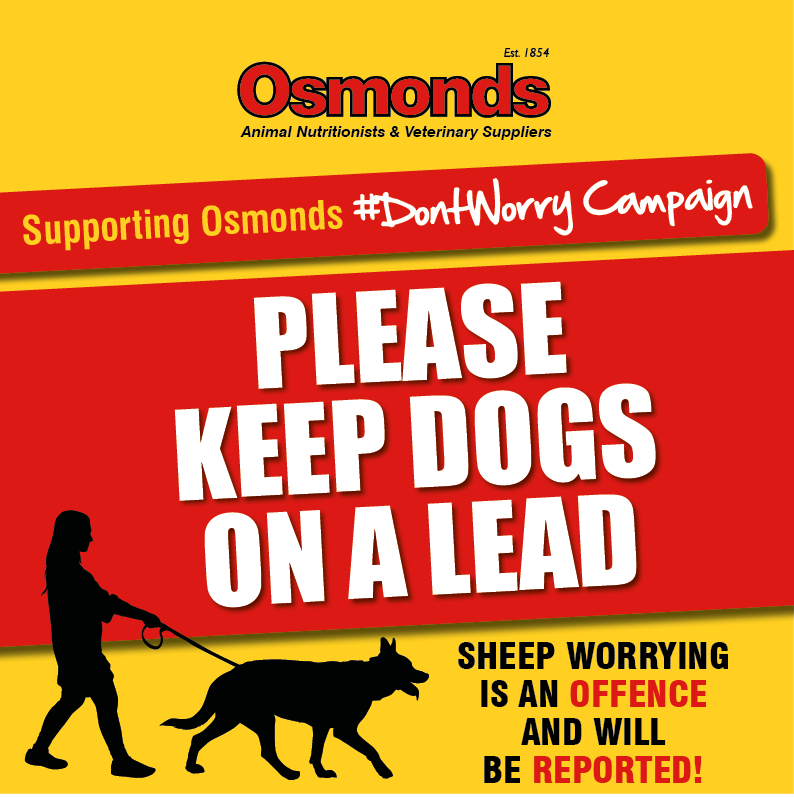
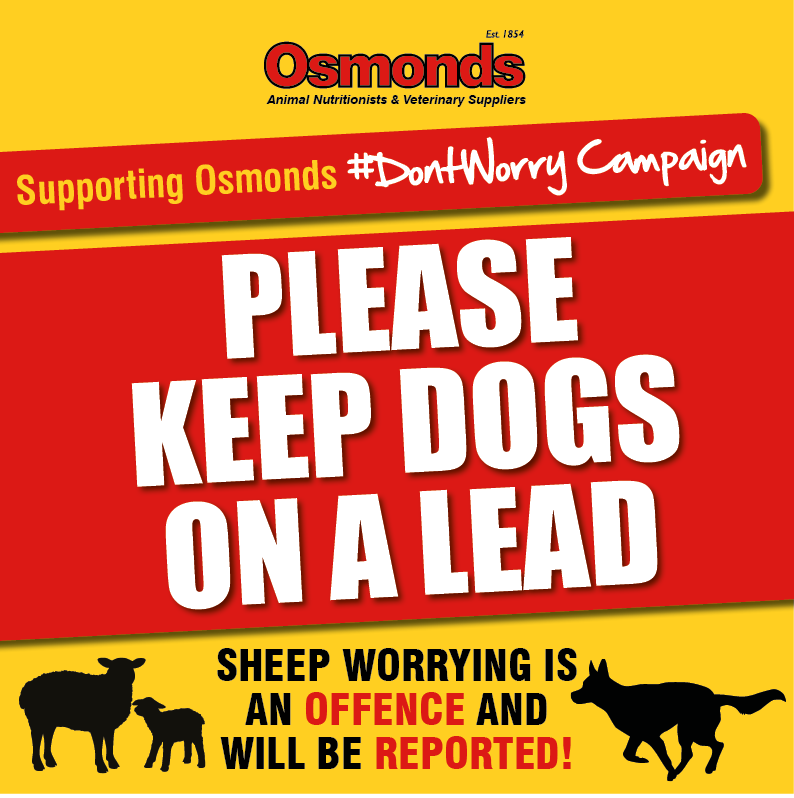
SUPPORT OSMONDS #DontWorry CAMPAIGN to spread awareness, educate and help protect livestock.
Download your FREE SIGN HERE


